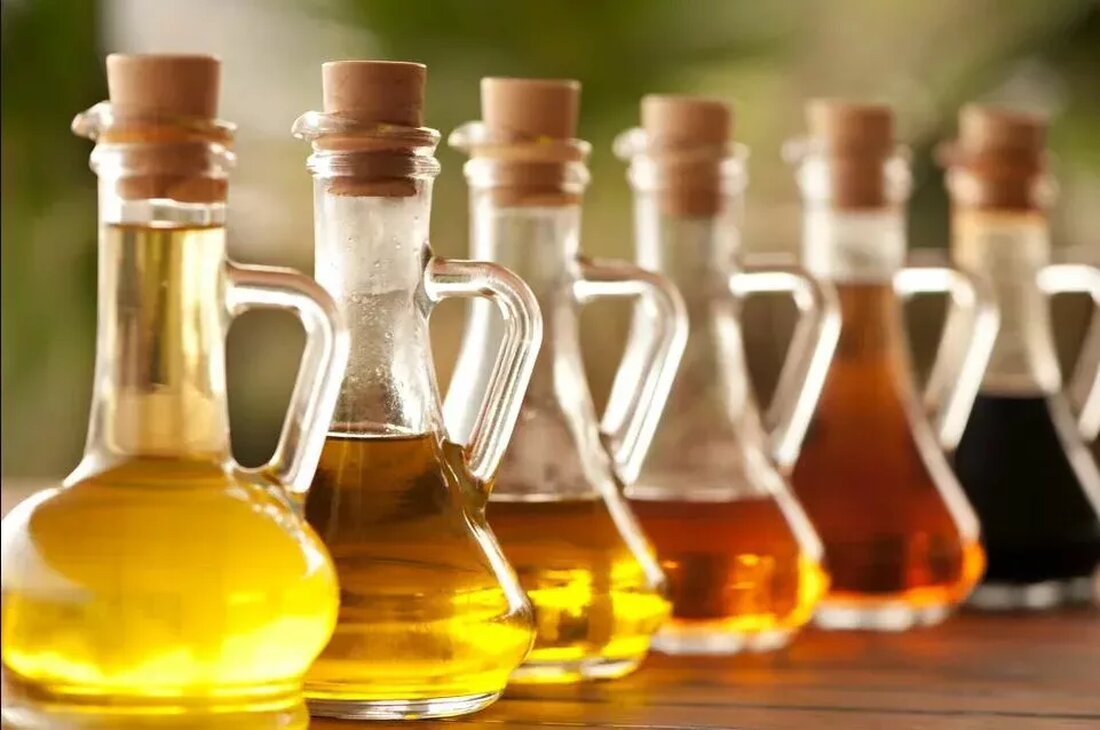Plant Growth Factors – How to Make Plants Grow Healthily
Growing a beautiful and fruitful garden takes more than a green thumb. There are several plant growth factors that affect your garden, including the soil in your area and your region's climate. You may even have different conditions than your neighbor, so it's important to consider all factors of your property if you want the best garden possible. Soil The soil on your property may be the only thing that can make or break a great garden. Before planting anything, you can have your soil tested to make sure the pH balance works for the garden you are planning. For example…

Plant Growth Factors – How to Make Plants Grow Healthily
Growing a beautiful and fruitful garden takes more than a green thumb. There are several plant growth factors that affect your garden, including the soil in your area and your region's climate. You may even have different conditions than your neighbor, so it's important to consider all factors of your property if you want the best garden possible.
Floor
The soil on your property may be the only thing that can make or break a great garden. Before planting anything, you can have your soil tested to make sure the pH balance works for the garden you are planning. For example, herb gardens require a balanced pH, which is between 6.0 and 7.0 on a pH tester. You can purchase a pH tester at your local garden center or have your soil tested by your local health or water department for a small fee.
Your soil can be easily amended if necessary, using oyster shell lime for more acidic soil or sulfur for less acidic soil. You can simply mix the recommended amount into your soil to promote plant growth.
climate
Climate is one of the most difficult to control factors in plant growth and can change depending on the location of your property in a particular region. For example, living on a hill can be cooler and windier than the surrounding area. The best way to prepare your garden for your property's climate is to select plants that grow well in your specific area.
Planning your garden according to your soil and climate will help you have a beautiful and productive garden. It can take a little time to find the right combination of plants, especially in extreme climates, but it's worth it to add a little beauty to your property.
Space for plants
When planning your garden, you may want to determine which plants you will use and then determine how much space you will need. Some plants, such as squash, require a larger space than other plants, such as tomatoes. If you are growing a combination of flowers, herbs, and vegetables or fruits, you may need to group these plants and treat the soil according to the needs of each group.
Space is one of the plant growth factors that can be easily controlled by you. Each of your plants needs enough space for their root system to grow undisturbed, and you need enough space between each plant to work in your garden. When planning your garden, taking the time to figure out how much space each type of plant needs will make your garden more productive.
fertilizer
Finally, you will want to use some type of fertilizer in your garden. If you want to have an organic garden, you can fertilize your garden with manure or use a commercial fertilizer. In any case, fertilizer is one of the plant growth factors that can improve your chances of having a lush garden.

 Suche
Suche
 Mein Konto
Mein Konto
